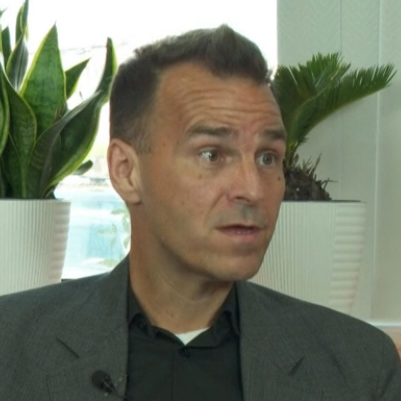
For those who wondered about how their City Council districts were drawn, the ongoing redistricting process shows that the more things change, the more they stay the same.
Politics in 2029 in Duval County will, at least on the City Council level, look like they did in 2019 or 2009. You’re going to see Republican domination.
That’s despite Democrats’ holding a 40,000 voter advantage, give or take. A plurality of Democratic voters would, in theory, translate into expectation of Democrats at least close to even on the Council.
The reality, though, is different: 13 Republicans and five Democrats sit on the City Council. Tommy Hazouri, who died last month, was the sixth Democrat.
Could there be more Democrats? Sure. But Democrats would rather draw safe districts.
This is why you see Reggie Gaffney, who is running in a primary for a safe Democratic seat next year with major GOP backing, balking at any moves that would change current District 7 from being a district that (as the indispensable Andrew Pantazi of The Tributary noted) would have voted 71-27% for Joe Biden over Donald Trump). This is why you see Democrat Ju’Coby Pittman, who was appointed to the Council by Republican Gov. Rick Scott (then elected the next year) balking at adding Baldwin to District 8.
What do these districts really mean? To the political class, who embrace party labels as candidates but find they have more in common with each other than other people, they are ways to protect prerogatives. Better to have a handful of super-safe Democratic seats than to have any of those four be diluted, even to make others competitive.
Most of these people are moving on to other campaigns, of course. With seats ranging from the state Senate to various constitutional offices open, the next two years in local politics will be lively to say the least. So it’s not like the incumbents are protecting themselves, so much as they are protecting the system they inherited.
Most of the work on the special committee level is done, albeit not without a series of meetings where every single speaker seemed to treat parts of the current districts they represent like baseball cards they had the right to trade or whatever.
“What we’re really trying to do is have communities try to stay together,” said committee Chair Aaron Bowman, explaining the process.
And what “communities” are or mean is a matter of perspective. What separates District 14 from 9? District 7 from 2? District 8 from 12? These numbers are arbitrary, the lines are picked for reasons that no one but the people who picked them can defend, and given the opportunity to do anything they wanted as a Council, this group decided to do as little as possible.
Status quo thinking.
There comes a point in every incumbency when an office holder starts thinking long-term, in terms of political legacy and a career as what they like to call “public servants.” That usually starts right about the time the boxes have been emptied and moved out of the office.
We see the same politicians running for slightly different offices, over and over again, and the same intractable problems. There are few visionaries in local politics. There are plenty of middle managers, however.
And that’s why on redistricting, just like on issues like violent crime, like reimagining criminal justice, like finding a way to belatedly fulfill the broken promises of Consolidation, this city gets high marks on lip service and message discipline but lower marks on real reform. If the maps are the same, in other words, the game doesn’t change.”





